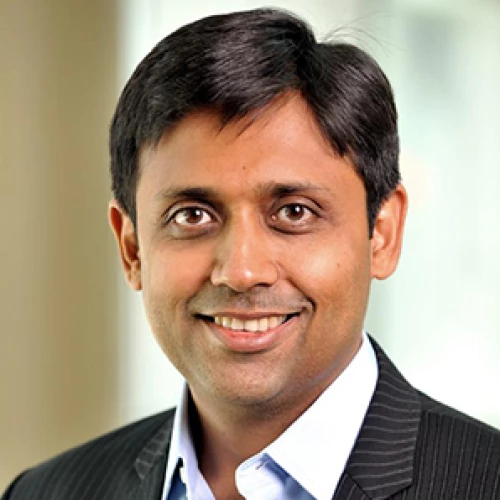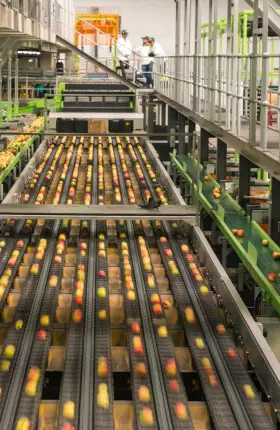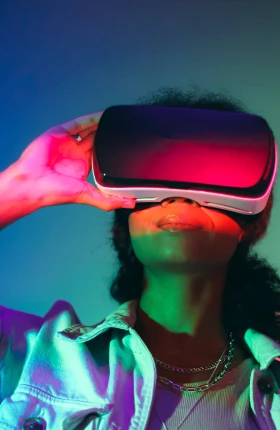
Education
- MBA, Indian Institute of Management, Ahmedabad
- BTech, Chemical engineering, Indian Institute of Technology, Delhi
Honors and Awards
- Aspen India Fellow
- Indian Luxury's Most Influential 2014, Blackbook Top 100, December 2014 and December 2013
Abheek Singhi is the Chair of the Practices and Partner Committee for Boston Consulting Group in India. Previously, Abheek led BCG’s Consumer practice in Asia Pacific and was a member of the Global Practice Leadership Team. He was nominated as a BCG Fellow in 2016.
Abheek has partnered closely with large corporations and mid-sized organizations in various industries to deliver transformative impact. In recent years, he has worked closely with organizations to deploy digital technologies and analytics for their business.
Abheek has been a member of the National FMCG (fast-moving consumer goods) Committee of CII. He is also a member of National Council of RAI (Retailers Association of India). In these roles, he has worked to monitor industry trends and shape industrywide responses. He was also selected by the Aspen Ananta Institute as part of the India Leadership Initiative program and is a member of the Aspen Global Leadership Network. He has been named a Top 100 Retail Mind in Asia Pacific Retail, as well as Top 50 in Indian Fashion and Luxury.
Abheek is coauthor of the bestselling BCG book The $10 Trillion Prize (published by Harvard Business Review Press). He has also written several seminal reports on Asian consumer retail and digital and he is a frequent contributor to national and international publications, and is a speaker at leading business conferences and seminars. He has contributed to and been quoted in leading publications such as the Wall Street Journal, Financial Times, The Economist, Economic Times, Mint, Times of India, and Hindustan Times.











